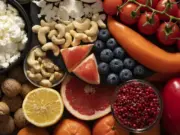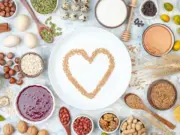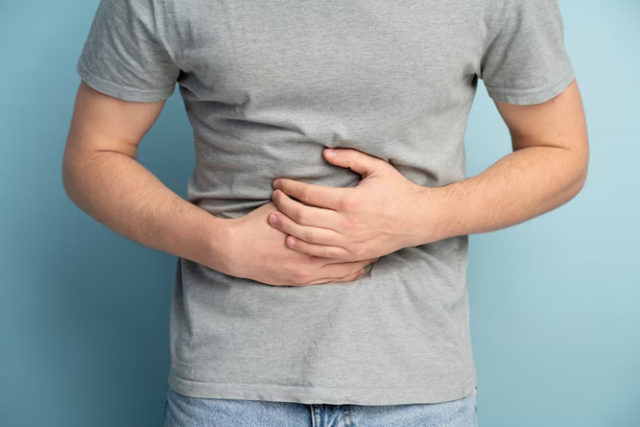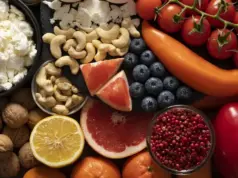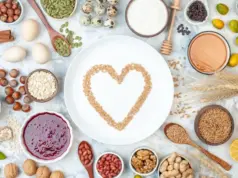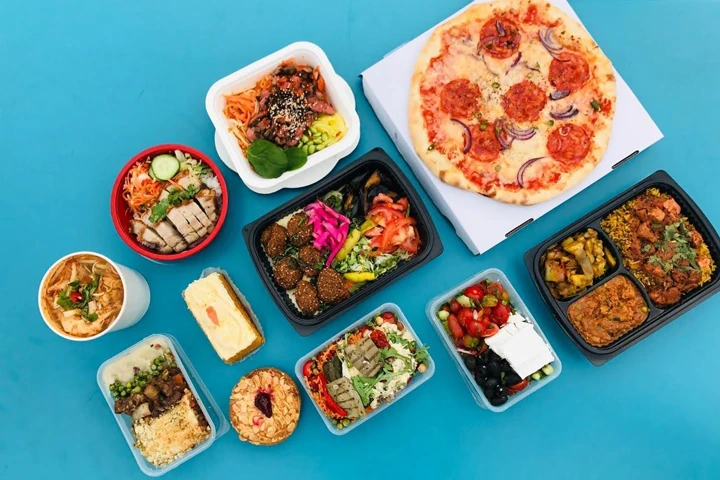Lifelong redness and discomfort along the digestive tract are symptoms of Crohn’s disease. Inflammatory bowel disease Crohn’s is similar to ulcerative colitis (IBD). Eating soft, bland, properly nourishing foods can be helpful during a flare-up. Possibly the best course of action is to stay away from inflammatory foods. When you have a Crohn’s flare, there are several foods you should stay away from, but when you’re in remission, you can consume them. While there’s no specific diet that’s suitable for each and every individual having Crohn’s illness, we have whittled down 5 items that are most tolerated by persons with Crohn’s disease. These 5 foods are good for people with Crohn’s disease.
- Fruits to Eat If You Have Crohn’s
Most Crohn’s patients who are in remission may eat a wide range of fruits, especially fresh, tinned, and frozen. Fruits low in FODMAPs, or carbs that are poorly digested by the digestive system, may help some Crohn’s patients control their symptoms.
Among the low FODMAP choices are:
- Oranges
- Pineapple
- Cantaloupe
- Naked kiwi
- Portions of fruit, such as blueberries and strawberries,
Fruits that have been stripped of their peels and seeds may be more tolerable. Avoiding high-fiber fruits, such as those with skin and seeds, is crucial if you’re going through a flare.
- Vegetables to eat if you have Crohn’s
The Crohn’s and Colitis Foundation advises consuming a range of coloured veggies every day when you’re healthy and in remission. Nonetheless, many Crohn’s patients discover that some veggies are more tolerable than others. Like fruits, certain veggies are moderate in FODMAPs. Listed below are a few veggies that are low in FODMAPs:
- Eggplant
- Carrots
- Cucumbers
- Potatoes
- Lettuce, Zucchini
It is advised that you choose thoroughly cooked, seedless, skinless veggies and stay away from green vegetables including cauliflower, broccoli, and cabbage during flares since they may exacerbate symptoms like gas and bloating.
- Crohn’s disease-friendly proteins
Several sources of protein are safe to ingest when you’re in remission. Including a dose of vegetable or animal-based nutrition in your food intake will aid satisfy your appetite and ensure your body’s getting optimum protein to preserve muscle mass. Leaner protein sources may be simpler on your digestive tract.
Low-fat protein options for those with Crohn’s disease include:
- Chicken and turkey
- Shellfish and fish
- Eggs whites
- Low-fat yogurt Tofu
Remember that you require more protein during a flare-up due to the increased energy needs brought on by inflammation. This implies that while you’re having a flare, you should be sure to include a lot of lean, protein-rich meals in your diet.
- For Crohn’s disease, the best fats
Foods with good fats ought to be a frequent fixture in your diet when you’re feeling good. Certain fatty foods may lessen Crohn’s-related inflammation and provide cellular protection.
These are some illustrations of good fats:
- Flaxseed, avocado, and olive oils
- Nut butter, seeds, and nuts
- Salmon, trout, and sardines
- Egg whites
- Yogurt and other dairy items
- Avocados
Avoid high-fat meals like cream, butter, cheeses, and fried foods if you’re experiencing a flare-up because they may aggravate your symptoms.
- For Crohn’s disease, the healthiest grains and starches
Experts advise consuming a mix of grains and carbs while in remission, such as:
- Beans Grains, millet, and brown rice are examples of whole grains.
- Potatoes and butternut squash are starchy veggies.
It’s better to stay away from high-fiber whole grains when you’re in a flare and instead for grain products like white rice, sourdough, and white pasta, which are simpler to digest.
Conclusion
Due to the fact that each person has unique demands and nutritional requirements, choosing the best diet for Crohn’s disease can be challenging. Make an appointment with a certified dietician who specialises in intestinal inflammation if you’re feeling overwhelmed or unsure of what you ought to be consuming to treat your Crohn’s disease.














